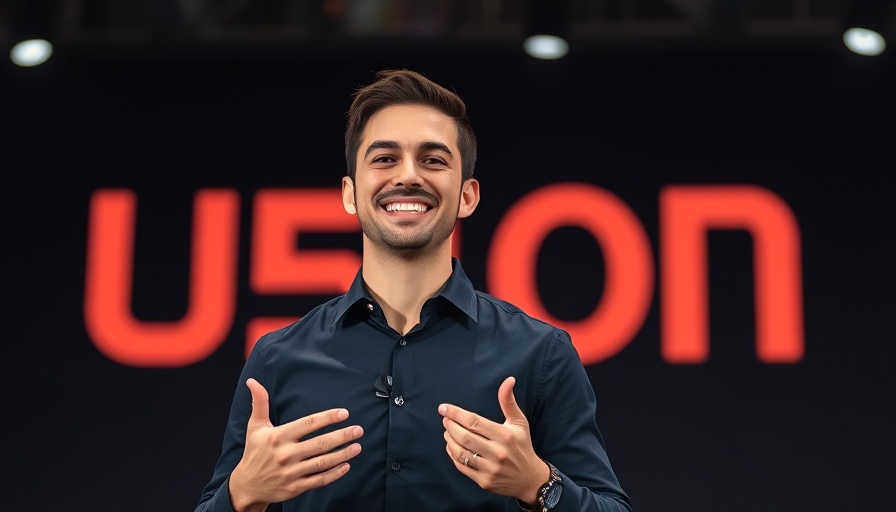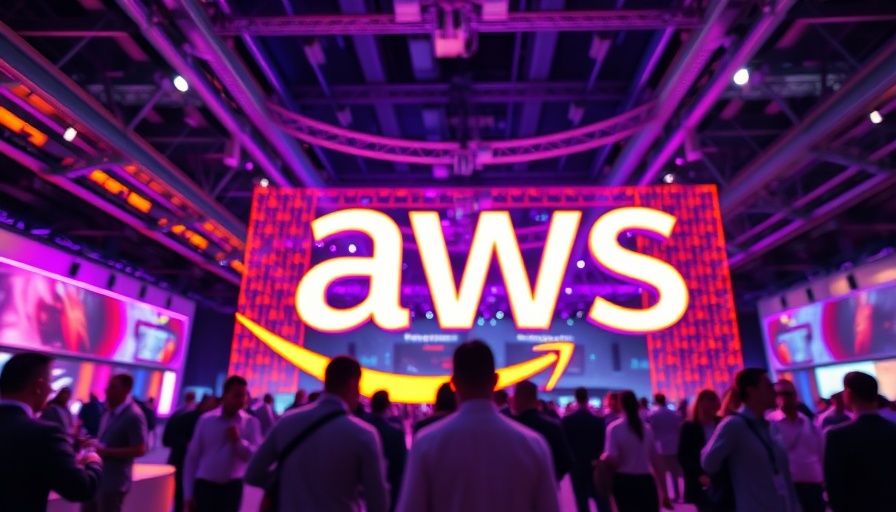
Is the OpenAI-Microsoft Partnership Fraying?
In a landscape where technology is evolving faster than ever, the partnership between OpenAI and Microsoft seems to be reaching a breaking point. Recent reports from The Wall Street Journal suggest increasing tensions, highlighted by OpenAI's contemplation of publicly challenging Microsoft on grounds of anticompetitive behavior. Such a move could signal a fundamental shift in how these two giants perceive their collaboration.
What’s Behind the Cracks?
OpenAI, once buoyed by Microsoft's significant resources to drive its growth, now appears eager to assert more independence. This shift is particularly evident in OpenAI's push to minimize reliance on Microsoft’s Azure cloud services. The ongoing deliberations include the potential threat of Microsoft acquiring intellectual property from OpenAI’s $3 billion acquisition of the coding startup Windsurf. This has raised fears within OpenAI that such a move could bolster Microsoft's GitHub Copilot, thus intensifying the competition in AI coding tools.
Implications for Future Technology Trends
The discord between OpenAI and Microsoft underscores broader trends in the tech industry. Startups like OpenAI face challenges in navigating partnerships with tech behemoths while safeguarding their innovations. The struggle reflects a pivotal moment for future technology, where emerging tech trends are increasingly dictated by competitive pressures rather than collaborative growth.
How Might This Affect Tech Innovations?
These developments could ripple through the tech landscape. If OpenAI successfully branches out and evolves into a more independent player, it could lead to groundbreaking AI technology trends that push the boundaries of what artificial intelligence can achieve. Such disruption could open doors for next-gen technology in areas such as machine learning, robotics, and beyond.
What’s Next for the Tech Landscape?
The tech landscape is vigilant, waiting to see how OpenAI and Microsoft will resolve their standoff. Should tensions escalate, it may prompt federal intervention, reshaping how tech partnerships are regulated. Moreover, as both companies reevaluate their roles, we may witness a pivotal moment where the future of AI and technology innovations intersect with newfound competition.
Your Turn: What Do You Think?
The evolving dynamics between OpenAI and Microsoft present a distinct opportunity for tech enthusiasts and professionals alike. How might these shifts in partnership affect future developments in artificial intelligence? Consider your perspectives on the implications of such high-profile disputes in technology. Engaging with these questions can elevate our understanding of the future of tech.
 Add Row
Add Row  Add
Add 




 Add Row
Add Row  Add
Add 



Write A Comment